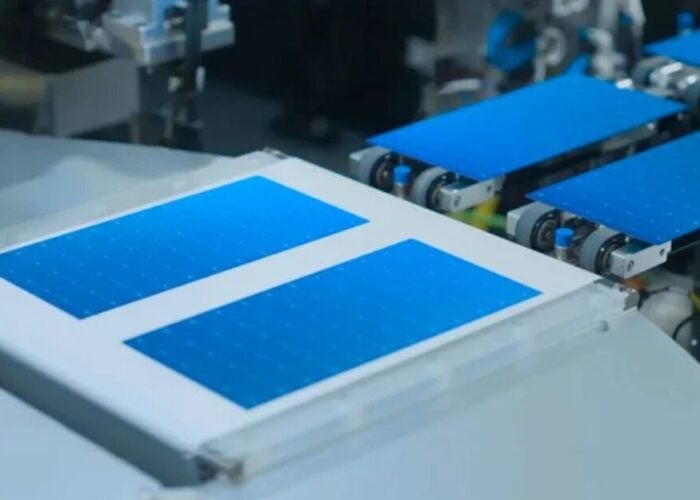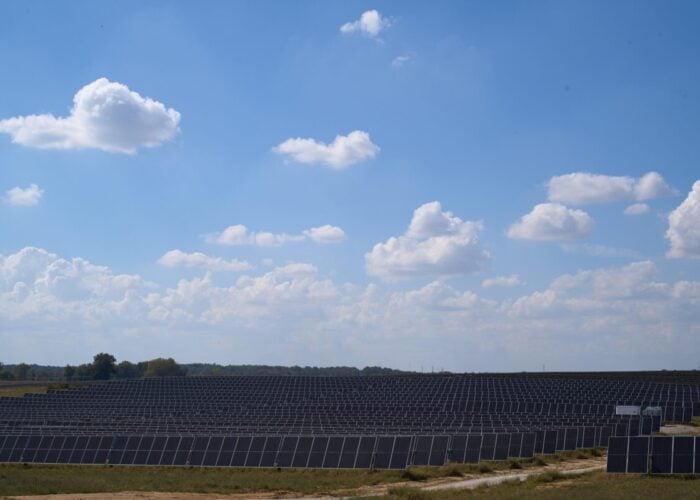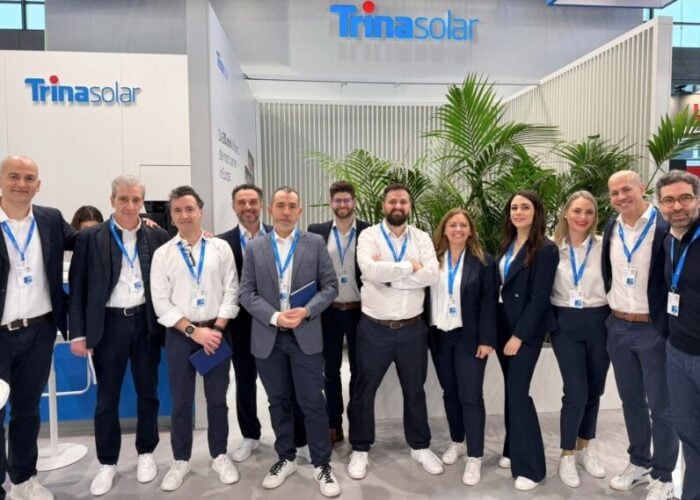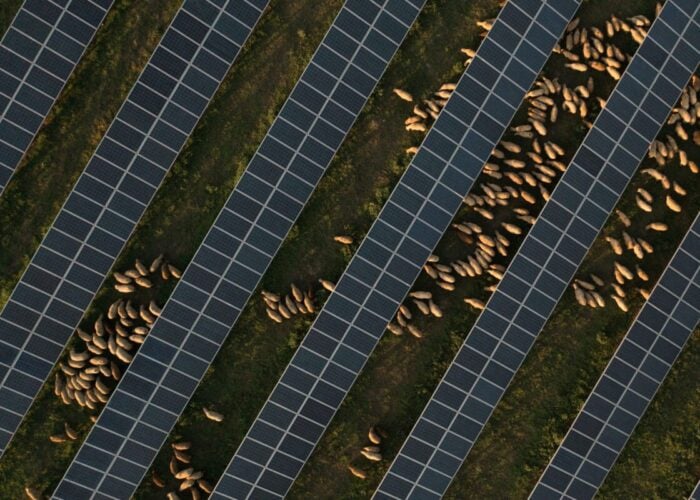The Carinthian Tech Research centre (CTR) has begun research designed to enable a non-destructive technique for crosslinking of the typical potting material agents used in PV module assembly.
A grant was provided to CTR by the Austrian Research Promotion Agency to carry out the work in collaboration with the Polymer Competence Center Leoben and the industrial companies KIOTO Photovoltaics and GP Solar.
This article requires Premium SubscriptionBasic (FREE) Subscription
Already a subscriber? Sign In
Try Premium for just $1
- Full premium access for the first month at only $1
- Converts to an annual rate after 30 days unless cancelled
- Cancel anytime during the trial period
Premium Benefits
- Expert industry analysis and interviews
- Digital access to PV Tech Power journal
- Exclusive event discounts
Or get the full Premium subscription right away
Or continue reading this article for free
According to CTR, no non-destructive test is currently available for module manufactures, inhibiting cost reduction and quality control improvements due to time lapse between sample batch analysis and potential fault finding within the ethylene, vinyl acetate potting material crosslinking process.






